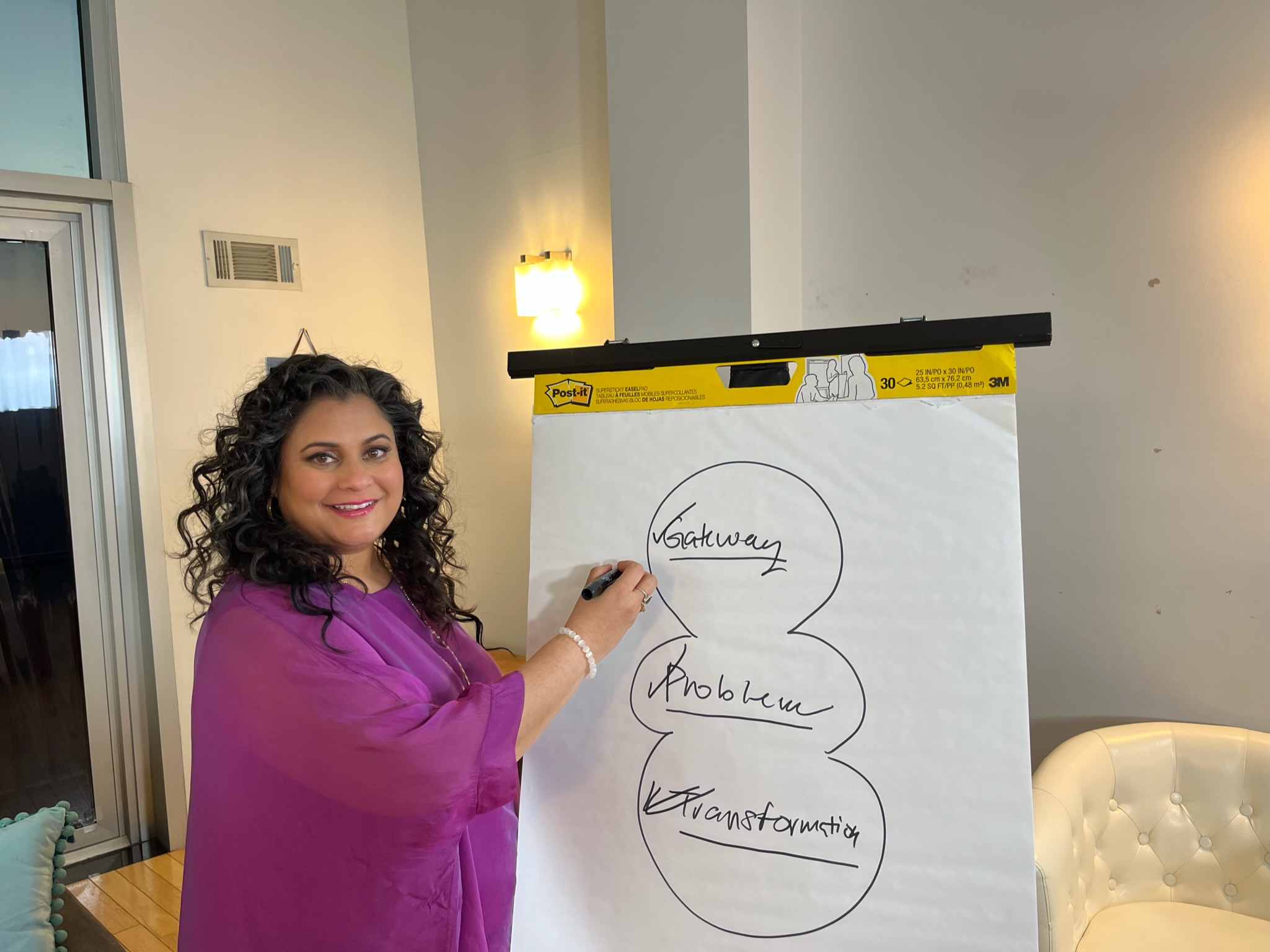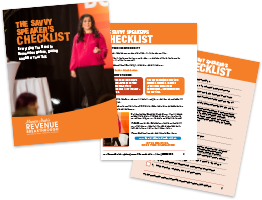How to Reduce Overwhelm: The Athlete’s Secret
 I’m so excited about our Breakthrough Planning Livestream coming up in January! If you haven’t registered for it – hop on over there because it’s some of our best content of the year – register here.
I’m so excited about our Breakthrough Planning Livestream coming up in January! If you haven’t registered for it – hop on over there because it’s some of our best content of the year – register here.
I just returned from speaking at an event and I had a lovely time catching up with some of my colleagues over drinks at the bar.
One of the questions I was asked, “Monica, how did you manage two big events this year?”
Now the answer to that is multi-layered. And stay tuned because we are about to announce a mastery level public speaking training that is simply going to be amazing!
But since planning is on the brain as I prepare for my upcoming livestream – there’s one word I have for how to manage it all – PACING.
So here’s the thing about me – I grew up talking more to animals than people. So there are moments when words are there and others where they just leave my head altogether. Before I go on stage, I must practice the important parts of my talks – the intro, the transitions, the offer, and the endings. This allows me to get out of my brain and stay focused on the audience since I know the words already.
I also think its super important to not burn my team or myself out prior to an event.
Yes, we work a bit harder during the weeks leading up to an event – but there’s no need for super late hours or lots of last-minute stress. I’ve learned that the combination of late hours and last minute stress leads to unhappy team members. And unhappy team members attract and create unhappy clients.
So one of my objectives every year is to get better at pacing out how and when things get done on our team. We don’t go by the deadlines that are necessary – we go by the deadlines that make the most sense and cause the least amount of tension and anxiety for my team and me.
For example, we start working on our content for the event during our preliminary event meeting, which is six months before the event. We create videos 6-9 months before our launches. I start practicing my new stories and new content at least 2-3 months before events.
Now don’t get me wrong – there are always parts that catch us off guard and last minute items that we didn’t see coming. But by pacing ourselves with what we do know is coming – it gives us room to handle last minute requests or obstacles that we couldn’t predict.
Over and over again, I see entrepreneurs thriving on last minute everything. And what I see happening is that they are just getting by. Their signature talks are OK. Their videos do the job. They get their webinars done.
So many people are living with the desire to just get things done.
And for some things, especially first time things, getting it done is fine.
But there comes a time when you want excellence. When you want to impress a room into silence (or gales of laughter). When you want to hit your sales numbers on the nose. When you want to do more than just get it done. You want to knock it out of the ballpark.
I am someone who is literally addicted to excellence and mastery. And I’m no stranger to starting out as a beginner and working my way up to amazing.
Here’s what I have learned – that kind of improvement takes practice, practice, practice and lots of commitment – and pacing. It’s not overnight.
Now here’s the key – pacing can’t happen if you don’t honor your own deadlines. If you blow past your practice sessions – then you’ll be winging it in your talk. If you don’t create draft one, then there will never be a draft two. You also can’t get help from other team members if you are creating it at midnight the night before.
This is the hardest part of the pacing process – getting yourself to sit down and do something when it’s not due for a while, when you could get away with watching your favorite TV show instead. Procrastination can set in. And procrastination is the enemy of pacing and excellence.
Here’s what I do to get it done (even when I don’t want to):
- Allow yourself to do it badly, but just do it. Your practice session doesn’t need to be good – it just needs to get done. The draft doesn’t need to be perfect, it just needs to get written.
- Get friends and mentors involved. Set practice sessions with friends. Have your mentor read your outline by a certain date. When you have to do it for someone else, it’s way easier to do it ahead of time.
- Make your schedule public. Post it on FB, let your accountability partners know. You’re more likely to get it done when your reputation is at stake.
- Reward yourself. I use this one all the time. I set rewards for when I get something done – a massage, a great meal, a long bath, zoning out in front of the TV. Give yourself something to work towards.
- Understand what’s at stake. Doing things last minute doesn’t just hurt you. It hurts your team. You’ll lose good team members that way, and they won’t be motivated to perform at their best. You also risk your own health and energy. And it’s a terrible example to set for friends and family. Keep in mind that your business isn’t your life. You have to honor your deadlines in order to make sure that your business doesn’t become your life.
Pacing. It’s the secret that athletes have been using for years. Doing a little every day makes for a stellar performance when it counts.
How are you pacing yourself?
And leave me a comment on the blog to let me know what pacing looks like for you.







